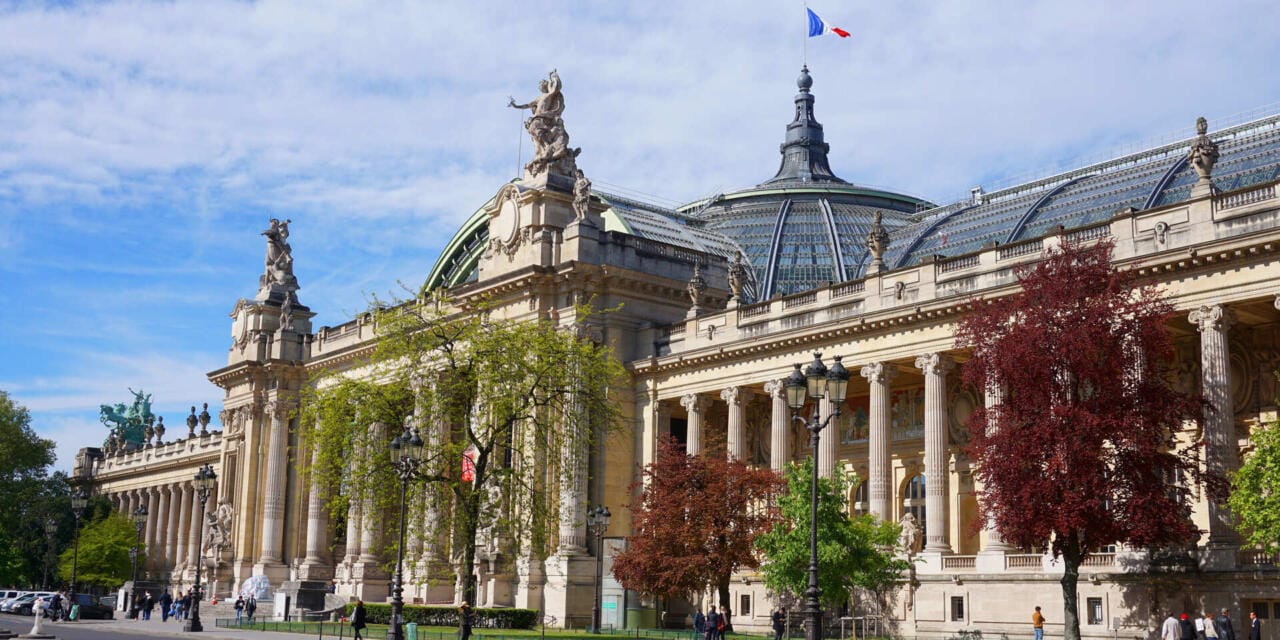Paris has become the heartbeat of a critical global dialogue this week as the historic Grand Palais plays host to a two-day international Artificial Intelligence (AI) summit. This high-profile event unites an array of world leaders, technology executives, scientists, and policymakers representing over 100 nations. As AI increasingly pervades all aspects of modern society, from healthcare and education to military and cultural practices, the summit aims to foster international cooperation and establish ethical guidelines for AI governance while avoiding potential misuse that could exacerbate geopolitical tensions.
A Collaborative Effort to Address AI’s Exponential Growth
The summit is co-chaired by French President Emmanuel Macron and Indian Prime Minister Narendra Modi, who emphasized the need for an inclusive and collaborative approach to AI governance. The participation of global heavyweights, including CEOs from tech behemoths such as Google, Microsoft, and OpenAI, further underscores the importance of this summit in shaping the future of artificial intelligence.
Addressing attendees, Macron highlighted AI’s transformative potential across various industries but also stressed the critical need for a unified governance model that ensures AI is developed inclusively. Similarly, Modi called for a balanced approach that incorporates the priorities of emerging economies into global discussions on AI’s potential benefits and risks. The summit’s unique multi-stakeholder framework reflects the hosts’ efforts to bridge gaps between nations of varying technological readiness levels.
Harnessing AI’s Potential: Ethical and Safety Considerations
As conversations unfolded, one of the most heavily debated topics was the ethical implications of AI. With the rapid advent of generative AI technologies capable of simulating human creativity, global leaders stressed the need for establishing guardrails to prevent misuse. Discussions further delved into the safety concerns surrounding autonomous weapons, deepfake technology, and data privacy breaches.
Dr. Marie Langlois, a leading AI ethicist from France, presented her thoughts on including safety reassurances into AI policy frameworks. According to Langlois, “Global cooperation on setting robust AI safety protocols can allow us to harness its transformative power without inability to regulate potentially hazardous consequences.”
The summit agenda also stressed AI’s role in combating urgent global challenges. For instance, AI-driven models in healthcare have expedited drug discovery processes, while agriculture-related AI solutions significantly reduce food waste in increasingly climate-stressed regions.
Diplomacy Meets Technology
The Paris summit also positioned itself as a platform for much-needed diplomatic exchanges between nations like the U.S. and China, each competing for technological dominance in the race for AI supremacy. Further complicating talks were calls from nonaligned nations, asking that their interests not be sidelined in favor of a binary contest by superpowers.
Moreover, smaller economies urged broader global AI development cooperation to close the digital divide. Representatives from Africa, Latin America, and Southeast Asia underscored how underdeveloped AI infrastructure in these regions could leave them at a disadvantage, accentuating calls for equitable AI resource distribution.
The role of international organizations such as the United Nations and the OECD also surfaced prominently in discussions. Participants called for institutional support to further align policies concerning workforce disruptions expected to arise across industries due to automation powered by AI.
A Historic Precursor for Future Collaboration
One of the outcomes expected after the summit’s conclusion is the formalization of the Paris Declaration on Responsible AI. This document will delve into multilateral commitments to ensure sustainable, safe AI development while addressing legal and socio-economic gaps that may otherwise be exploited. Analysts believe this declaration could become a critical blueprint for future AI oversight, marking progress from the loose frameworks that are currently in place.
Attention now shifts to whether or not the commitments voiced at the Paris AI summit will evolve meaningfully following its closing ceremony. For some, the real benchmark will be the ability of nations to translate discussions and theoretical frameworks into operational, enforceable actions maintaining AI development for good.
In sum, this convergence of diplomats, innovators, and experts at the Paris AI summit proved to the world that both political will and collaboration remain essential, especially as humanity enters uncharted territory within the evolving AI landscape.


